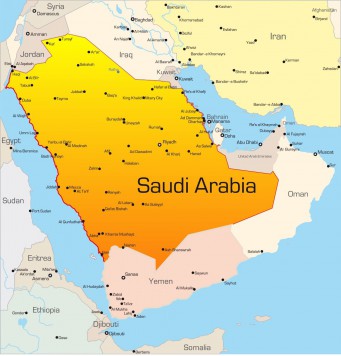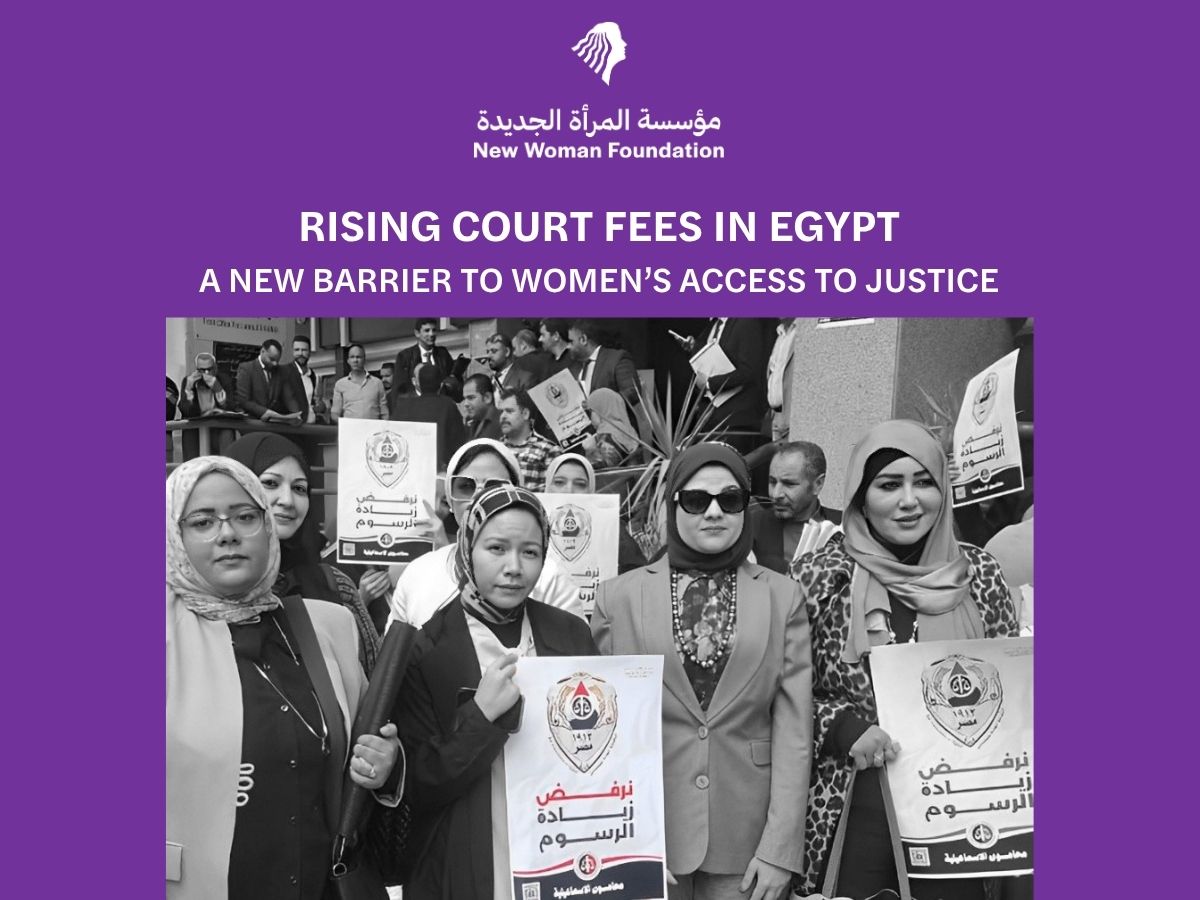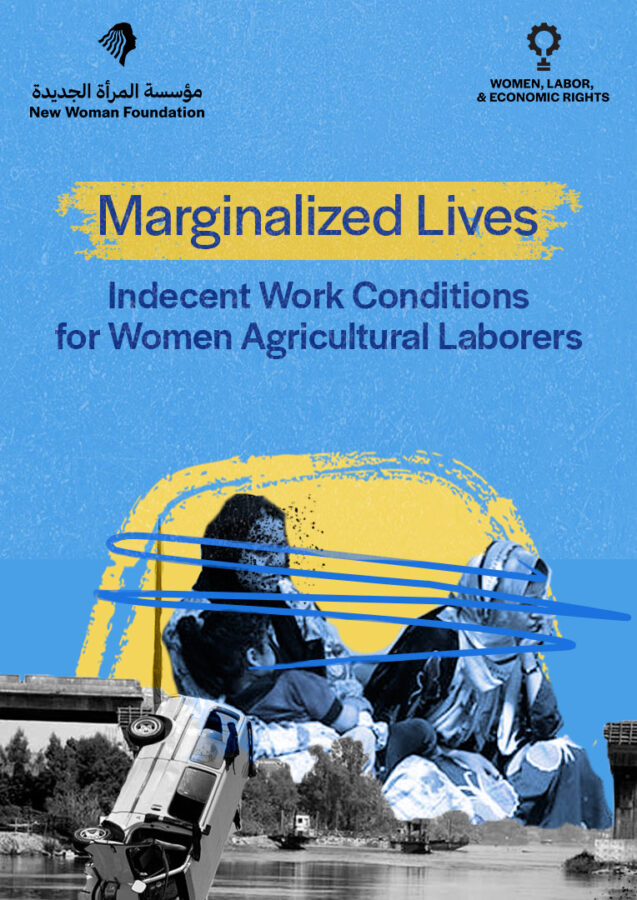- Contact Us
- 0020233382706
- nwrc@nwrcegypt.org
Saudi Arabia: King issues decree loosening some guardianship regulations, but women remain under control of men in most areas
On 17 April 2017, King Salman Bin Abdulaziz issued a Royal decree instructing governmental entities in Saudi Arabia to provide services for women without requiring the permission of their male guardians unless mandated by a legal regulation. Yet, two women are currently imprisoned under the Guardianship system.
The decree listed four specific orders to that extent:
1) For all governmental entities not to ask women who seek their services for a male guardian’s approval unless it is mandated by law; and for the entities to review all of their related regulations which require a male guardian’s approval in order to identify their legal basis and submit a report of these services with their legal basis in three months’ time;
2) For employers to provide transportation for female employees according to available resources and for the Ministry of Labour and Social Development to ensure that employers comply with this according to regulations;
3) To support the national human rights commission in devising a comprehensive educational plan in coordination with all governmental entities on women’s rights and the relevant treaties and conventions ratified by the state and to explain the reservations put forth by the state in these conventions; and
4) To ensure all governmental entities which serve women post all of their regulations regarding those services to women on their official websites.
In April, several women were arrested under the Guardianship system. On 19 April 2017, Mariam Al-Otaibi was arrested after her father filed a complaint against her for being absent from the house, using the Guardianship system. She is being held in the women’s section of Al-Malaz prison in Riyadh. Al-Otaibi was heavily involved in the campaign (#IAmMyOwnGuardian) to end the male guardianship system in Saudi Arabia and had previously sought protection against family abuse from the authorities, to no avail. See http://www.gc4hr.org/news/view/1501
Dina Ali Lasloom, a 24-year-old Saudi woman, was detained in a prison for women under the age of 30, called the Girls’ Care House in Riyadh, after being taken into custody when she was forcibly returned to Saudi Arabia. On 13 April 2017, Lasloom was reportedly deported from the airport in the Philippines against her will and returned to Saudi Arabia. She arrived in Manila airport from Kuwait en-route to Australia, where she intended to file for asylum to escape a forced marriage according to some reports. On 18 April 2017, women’s rights activist Alaa Alanzi, a 23-year-old medical student, was released from prison after being detained for a few days for responding to an online call to meet Lasloom at Riyadh’s airport upon her arrival to ensure her safety.
While the Gulf Centre for Human Rights (GCHR) commends the significant step of reforming women’s access to all governmental services, it continues to urge the Saudi government to abolish all existing legal requirements for the male-guardian permission for any woman citizen to access their rights or seek any resources. Women still can’t drive or travel alone without a male guardian.
GCHR renews its calls to the Saudi government to address the following:
- To immediately release feminist activist Mariam Al-Otaibi from prison and to ensure Dina Ali Lasloom is freed and protected from her family’s threats and violence;
- To abolish the male-guardianship restrictions enforced on women citizens so they can enjoy their freedom of movement, access to travel documents, travel, obtain lifesaving abortions, get a release from prison after they serve their terms, choose their residence or work; and
- Guarantee in all circumstances that all human rights defenders in Saudi Arabia can carry out their legitimate human rights activities without fear of reprisals and free of all restrictions including judicial harassment.
Gulf center for human rights




